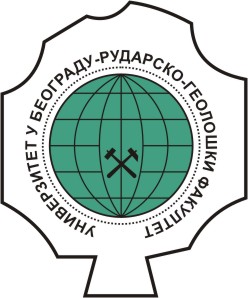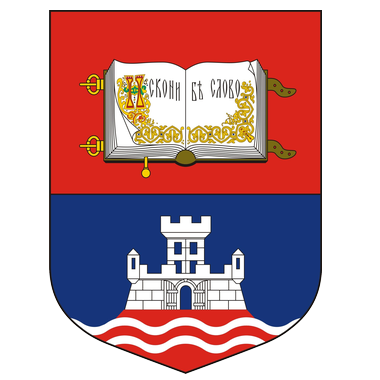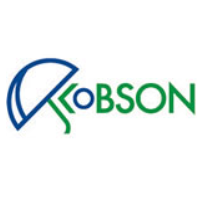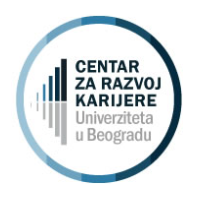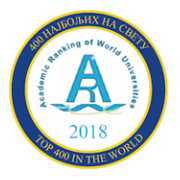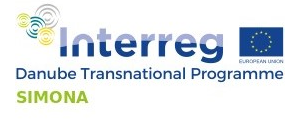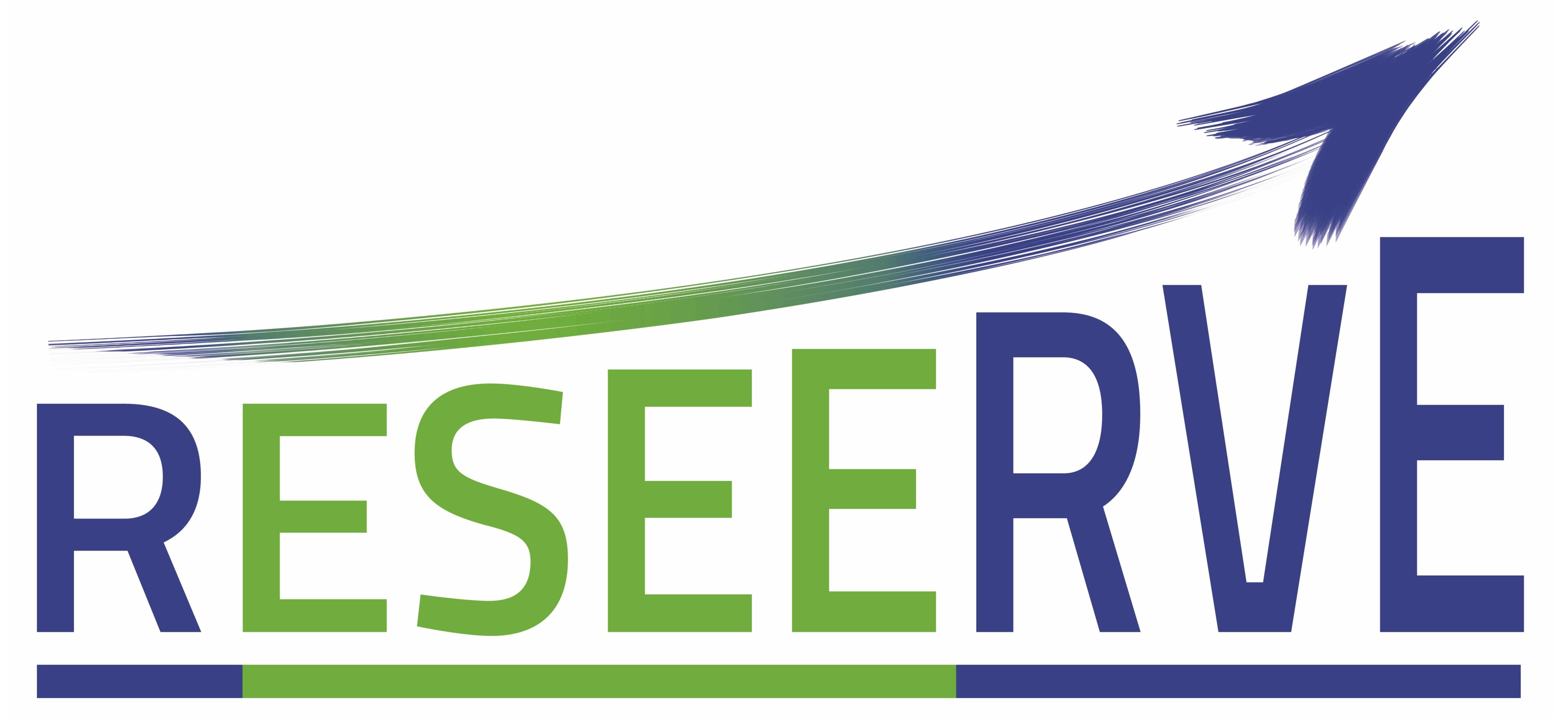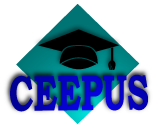Study program:
Environmental Engineering (IX semester -MsC)
Geology of oil and gas (VII semester -MsC)
Mine Surveying (IX semester -MsC)
Petroleum Engineering (IX semester -MsC) |
|
Name of subject: GIS Technologies |
Instructors:
Prof. Ranka Stanković, Milica Pešić-Georgiadis |
|
Status: Optional |
|
ECTS: 6 |
|
Prerequisites: Informatics 1 |
Course Objectives:
Introduction to the geostatistics and GIS basic concepts, mastering the techniques of creation, update, search and administration of geospatial database, as well as cartographic geospatial data visualisation1 |
Learning Outcomes:
Students will be trained to become users and developers of geographic information systems, as techniques for geodatabase development and georeferenced spatial data editing. |
Content:
Theory teaching
The initial teaching units include overview of GIS types, fields of application, software tools and standards.
It then approaches the study of the concept of a database and the basic characteristics of the database management system, as well as designing a relational schema and physical database organization using CASE software modeling tools. The following are the basic characteristics of the SQL language, followed by spatial data management techniques, querying GIS databases, creating reports, and presenting data using maps and drawings. The course will also include the possibility of integrating and exchanging data with other software packages (eg ACAD), different types of conversions, data collection, GPS. Practical teaching
As part of exercises carried out in a computer classroom, students will be able to use GIS tools, or GIS development environment, through examples, working independently on a computer. Exercises are integrated with the Moodle system and at the end of each time, students put on Moodle solutions to exercises in exercises. Mastering of the course will be demonstrated by students’ seminary papers on concrete problems |
Suggested Reading List:
- Philippe Rigaux, Michel Scholl, Agnes Voisard, Spatial Databases WITH APPLICATION TO GIS, Morgan Kaufmann Publishers, 2002
- Tutorials in GIS, http://www.gislounge.com/tutorials-in-gis/
- Esri training (free cources), http://training.esri.com/gateway/index.cfm?fa=search.results&cannedsearch=2
- Open Geospatial Consortium (OGS), http://www.opengeospatial.org
- Michele Campagna., Gis For Sustainable Development,Taylor & Francis Group, LLC, 2006
|
Conduct of the Course:
Lectures and exercises in the computer laboratory, electronically supported by Moodle system, https://moodle.rgf.bg.ac.rs |
Fund hours:
| Lectures |
Exercises |
Other forms of teaching |
Study research |
| 2 |
2 |
0 |
0 |
|
Assessment:
| Final Exam |
ECTS |
| Oral Exam | 30 |
| Classwork Assessment |
ECTS |
| Class Participationа | 10 | | Practical Classes | 10 | | Written tests | 20 | | Seminars | 30 |
|
|
Additional Assessment Criteria: - |
|
|
